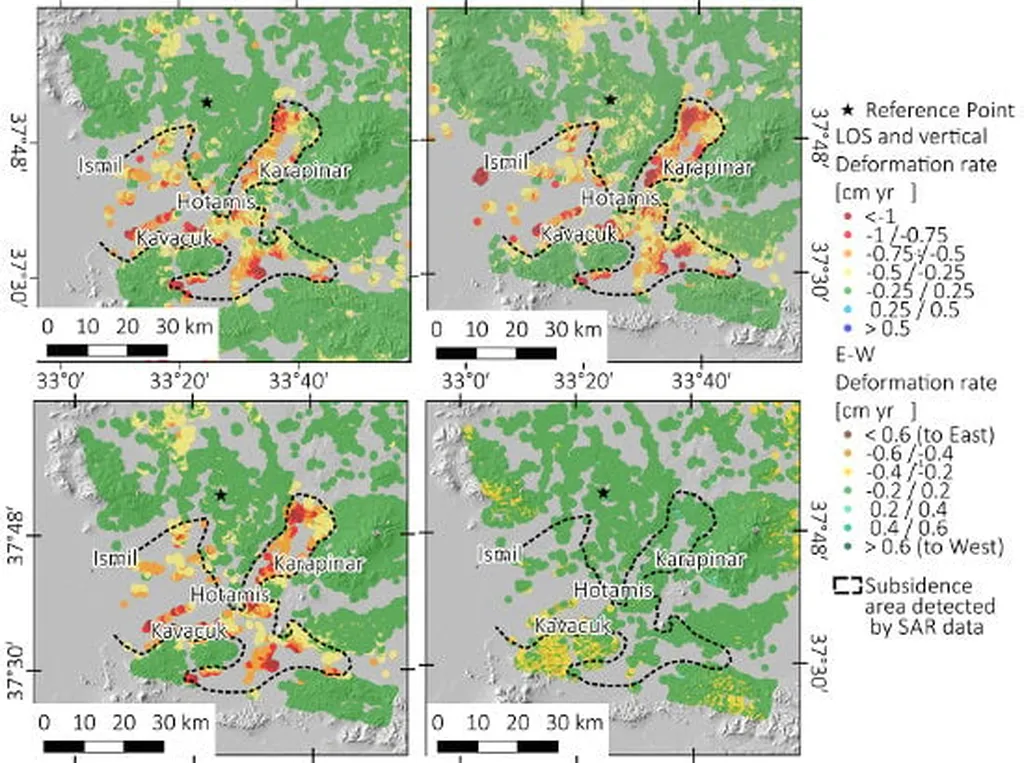In the realm of agricultural technology, a groundbreaking study has emerged that could revolutionize the way we monitor moisture content in tropical fruits during the drying process. Published in the journal *Sensors*, the research introduces an innovative optical fiber sensor based on multimode interference (MMI) that promises to enhance quality control and energy efficiency in the agri-food industry.
The study, led by Guadalupe López-Morales of the Instituto de Investigación e Innovación en Energías Renovables at the Universidad de Ciencias y Artes de Chiapas, focuses on mango (Mangifera indica L., cv. Ataulfo) and papaya (Carica papaya) slices. The researchers designed and fabricated two sensors, one operating in the 975 nm range and the other in the 1414.25 nm range. These sensors are capable of detecting variations in the refractive index caused by moisture loss, which in turn affects the MMI spectral response.
“Monitoring moisture content is crucial for ensuring the quality and nutritional value of agricultural products,” explains López-Morales. “Our sensor provides a non-destructive method to track these changes in real-time, offering significant advantages over traditional methods.”
The sensor’s output was correlated with reference gravimetric measurements, demonstrating a strong dependence on tracking output power as a function of humidity reduction over time. This correlation confirms the feasibility of the MMI-based optical fiber sensor as a reliable tool for in situ monitoring of drying dynamics in tropical fruits.
The implications for the agriculture sector are substantial. Accurate moisture content detection can lead to optimized drying processes, reducing energy consumption and preserving the nutritional integrity of the fruits. This technology could be particularly beneficial for processors and exporters of tropical fruits, ensuring consistent product quality and extending shelf life.
“By integrating this sensor into the drying process, we can achieve a more precise and efficient control over the drying dynamics,” says López-Morales. “This not only improves product quality but also contributes to sustainability by optimizing energy use.”
The research published in *Sensors* by lead author Guadalupe López-Morales of the Instituto de Investigación e Innovación en Energías Renovables, Universidad de Ciencias y Artes de Chiapas, highlights the potential of MMI-based optical fiber sensors in agri-food processing and quality control. As the agriculture industry continues to embrace technological advancements, this innovation could pave the way for more efficient and sustainable practices.
The study not only addresses immediate commercial impacts but also opens doors for future developments in non-destructive sensing technologies. As researchers continue to explore the capabilities of optical fiber sensors, we can expect further advancements in monitoring and controlling the drying processes of various agricultural products. This research is a testament to the ongoing evolution of agritech, where innovation meets practical application to drive progress in the field.

